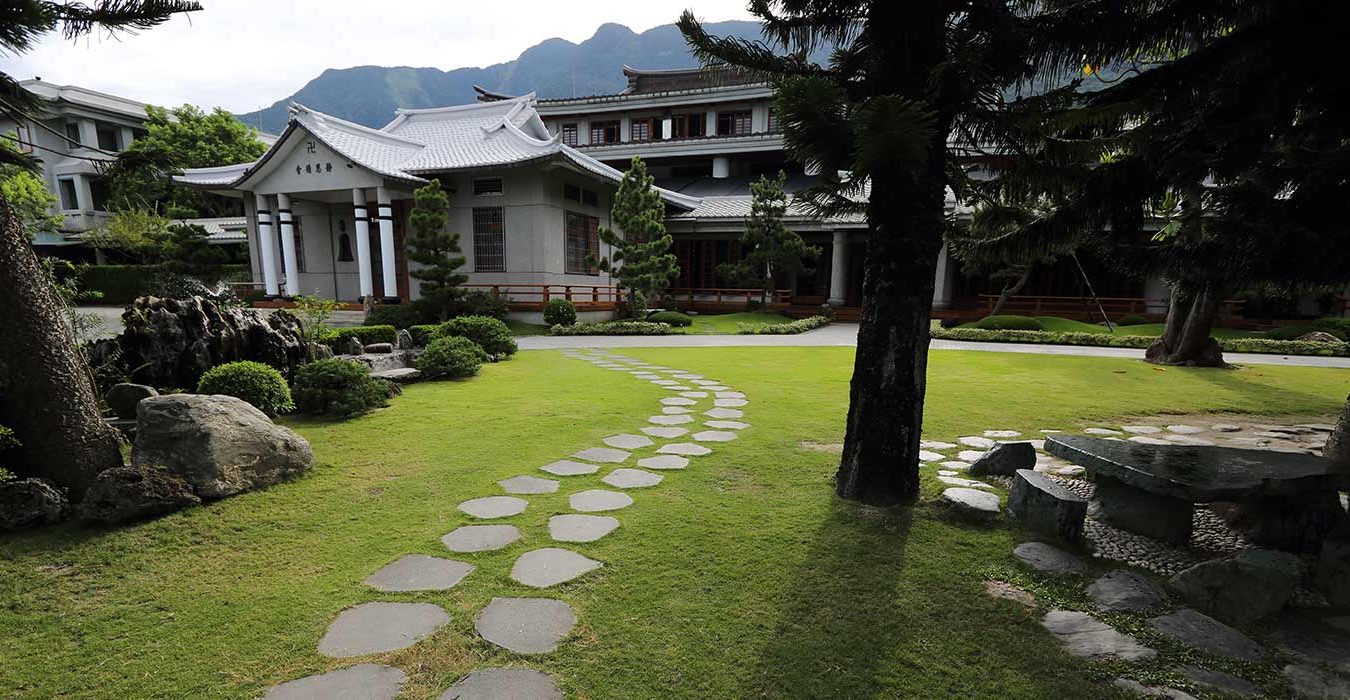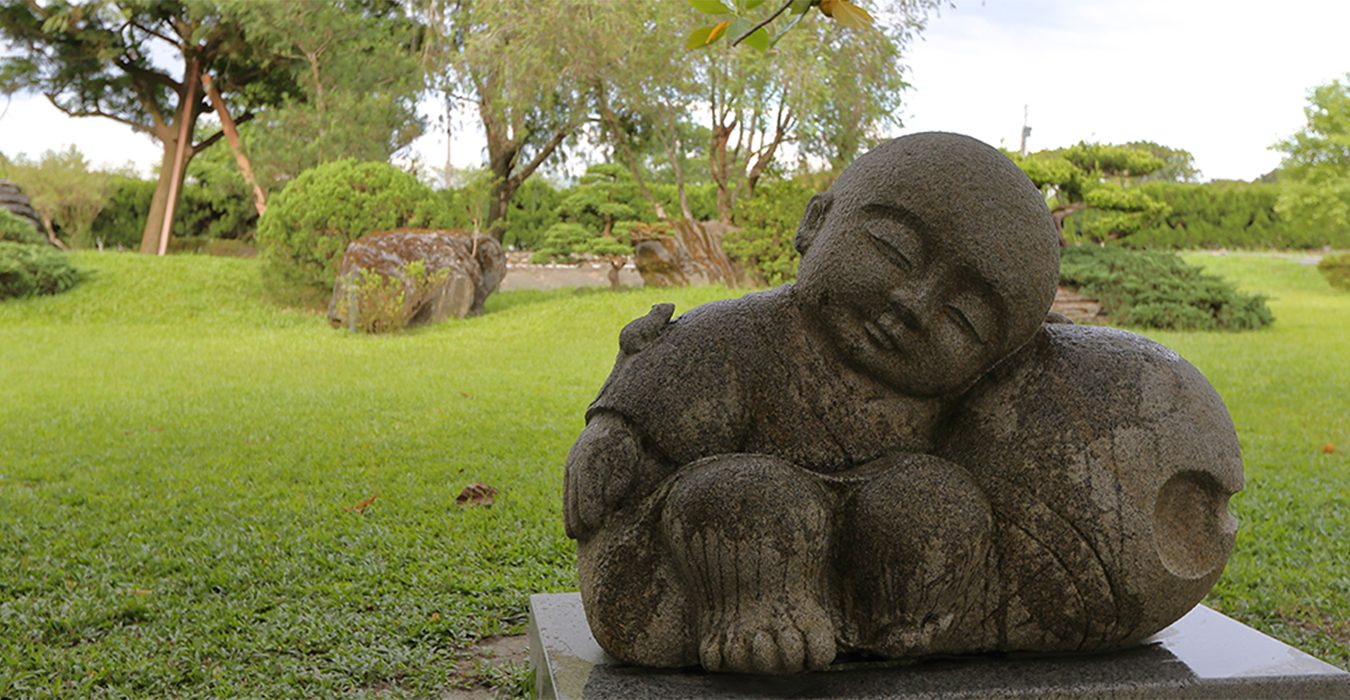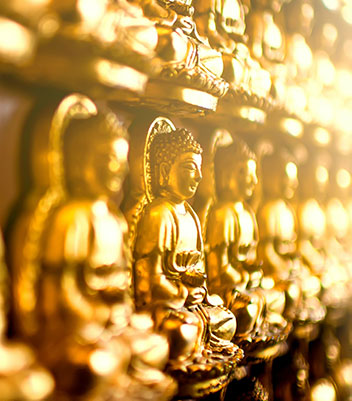
The Sutras Are a Path; This Path Is a Road to Walk On
In his teachings, the Buddha spoke of the sutras, stating, “The sutras are a path. This path is a road to walk on.” This path is a road, but we have long since lost our way. When we are lost, it is easy to take a wrong step. There is a saying that goes, “A single misstep leads to a lifetime of regret.” Dharma masters teach the sutras so that we can learn to walk this path with ease and reach our destination. People who have lost their way do not know the direction of this path.









